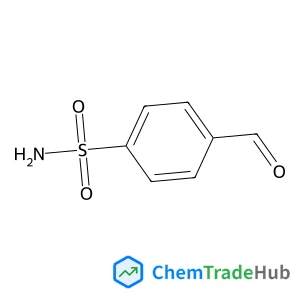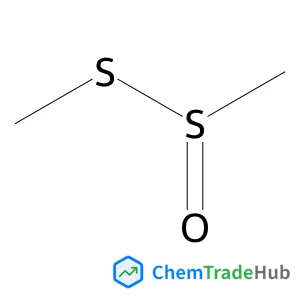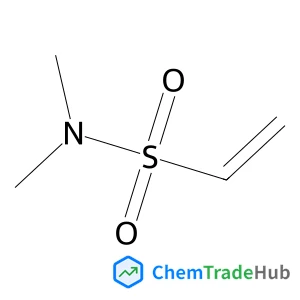Science Translational Medicine
Basic Information
Science Translational Medicine is the leading weekly online journal publishing research at the intersection of science, engineering and medicine. The goal of Science Translational Medicine is to promote human health by providing a forum for communicating the latest research advances from biomedical, translational, and clinical researchers from all established and emerging disciplines relevant to medicine. Despite 50 years of progress in our fundamental understanding of human biology and the emergence of powerful new technologies, the translation of this knowledge into effective new treatments and health measures has been slow. Science Translational Medicine seeks to publish articles that fill the scientific knowledge gaps at the junction of preclinical research and medical applications in order to accelerate the translation of this knowledge into new ways for preventing, diagnosing and treating human disease. Scope Cardiovascular disease, immunology/vaccines, metabolism/diabetes/obesity, neuroscience/neurology/psychiatry, cancer, infectious diseases, policy, behavior, bioengineering, chemical genomics/drug discovery, imaging, applied physical sciences, medical nanotechnology, drug delivery, biomarkers, gene therapy/regenerative medicine, toxicology and pharmacokinetics, data mining, cell culture, animal and human studies, medical informatics, and other interdisciplinary approaches to medicine. Examples of content in Science Translational Medicine: Investigative studies of human biology with an emphasis on disease, including small clinical trials Research on models of human disease with significant implications for disease treatment Focus, Perspectives and Reviews that discuss medically related research from a basic science and a clinical point of view Commentary on policy, funding, education and regulatory issues in translational medicine Survey of recent noteworthy findings from other publications (Editor's Choice) Special issues that feature comprehensive reviews and analyses of current topics in translational medicine
CiteScore
| Subject | Rank | Percentile |
|---|---|---|
MedicineGeneral Medicine |
11 / 636 | 98% |
Journal Statistics
Submission Information
Submission Website:
https://cts.sciencemag.org/scc/login.htmlAccepted Types:
Research Resources
Technical Comments
Reviews
Editorials
Focus
Perspectives
Related Articles
Selective production of monocyclic aromatic hydrocarbons from ex situ catalytic fast pyrolysis of pine over the HZSM-5 catalyst with calcium formate as a hydrogen source
Kai Li, Ze-xiang Wang, Guan Zhang, Min-shu Cui, Qiang Lu, Yong-ping Yang
DOI: 10.1039/C9SE00605B
From Douglas fir to renewable H2-enriched syngas via ex situ catalytic pyrolysis over metal nanoparticles–nanocellulose derived carbon catalysts
Hanwu Lei, Chenxi Wang, Moriko Qian, Elmar Villota, Wendy Mateo
DOI: 10.1039/C9SE00860H
Selective light driven reduction of CO2 to HCOOH in water using a {MoV9}n (n = 1332–3600) based soft-oxometalate (SOM)
DOI: 10.1039/C7CC09520A
Development of wound healing scaffolds with precisely-triggered sequential release of therapeutic nanoparticles
Tauseef Ahmad, Sean McGrath, Catherine Sirafim, Ronaldo J. F. C. do Amaral, Shin-Loong Soong, Renuka Sitram, Shifa'a Turkistani, Francesco Santarella
DOI: 10.1039/D0BM01277G
Developing a novel high performance NaNbO3-based lead-free dielectric capacitor for energy storage applications
DOI: 10.1039/C9SE00836E
Ultra-thin NiFeSe nanosheets as a highly efficient bifunctional electrocatalyst for overall water splitting
Yu-Yang Sun, Mei-Yan Jiang, Guang-Ya Hou, Yi-Ping Tang, Min Liu
DOI: 10.1039/C9SE00905A
Synthesis and optical and electronic properties of one-dimensional sulfoxonium-based hybrid metal halide (CH3)3SOPbI3
Shiqiang Bai, Xizu Wang, Si Yin Tee, Siew Lay Lim, Lin Ke, Surani B. Dolmanan, Coryl Jing Jun Lee, Poh Chong Lim, Xiang Yao, Jishan Wu
DOI: 10.1039/D1CC01386F
Retraction: Chemical synthesis and antigenic activity of a phosphatidylinositol mannoside epitope from Mycobacterium tuberculosis
Shi-Yuan Zhao, Na Li, Wan-Yue Luo, Nan-Nan Zhang, Rong-Ye Zhou, Chen-Yu Li
DOI: 10.1039/D1CC90195H
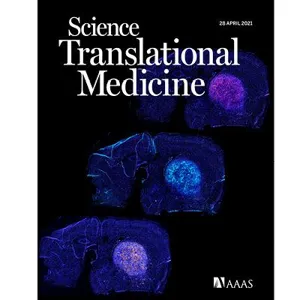
Recommended Compounds
Recommended Suppliers
 Steinhaus GmbH
Steinhaus GmbH Emile Egger & Cie SA
Emile Egger & Cie SA Aylward Europe, GmbH
Aylward Europe, GmbH Shanghai Joule Wax Industry Co., Ltd.
Shanghai Joule Wax Industry Co., Ltd. FWA Friedrich Werntges Apparatebau GmbH
FWA Friedrich Werntges Apparatebau GmbH Alkem de México, S.A. de C.V.
Alkem de México, S.A. de C.V. Beijing Tianyu Innovation Technology Co., Ltd.
Beijing Tianyu Innovation Technology Co., Ltd. Alpha Moisture Systems Ltd.
Alpha Moisture Systems Ltd. Friedrich Theysohn GmbH
Friedrich Theysohn GmbH Dongguan Hui Xin Innovative Material Technology Co., Ltd.
Dongguan Hui Xin Innovative Material Technology Co., Ltd.










![57423-71-9 - (1R,2R,4R,6S,11R,12S,15R,18S,19R,20S,21S,23R,26R)-15-Hydroxy-11,18,21-trimethyl-5,17,24,28,29-pentaoxanonacyclo[17.9.1.1~1,20~.0~2,12~.0~4,6~.0~6,11~.0~15,19~.0~18,23~.0~21,26~]triacont-8-ene-10,16,25
,30-tetrone 57423-71-9 - (1R,2R,4R,6S,11R,12S,15R,18S,19R,20S,21S,23R,26R)-15-Hydroxy-11,18,21-trimethyl-5,17,24,28,29-pentaoxanonacyclo[17.9.1.1~1,20~.0~2,12~.0~4,6~.0~6,11~.0~15,19~.0~18,23~.0~21,26~]triacont-8-ene-10,16,25
,30-tetrone](/structs/574/57423-71-9-78dc.webp)

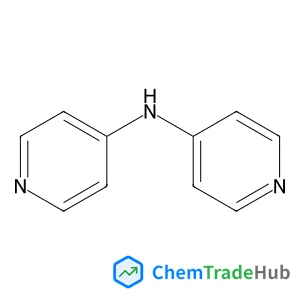
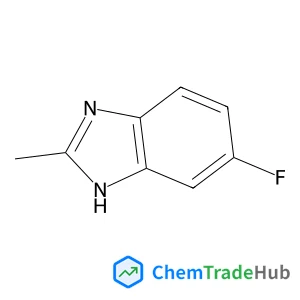
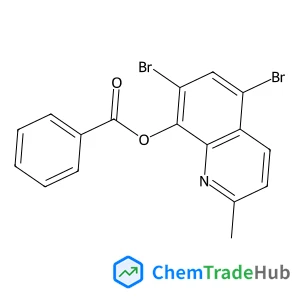

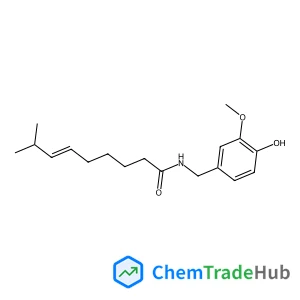

![224-53-3 - Dibenzo[c,h]acridine 224-53-3 - Dibenzo[c,h]acridine](/structs/224/224-53-3-97c9.webp)
